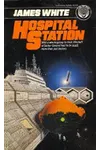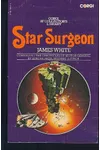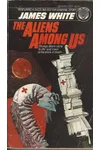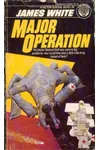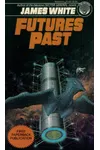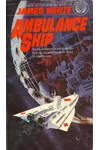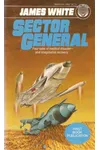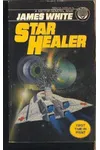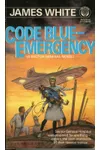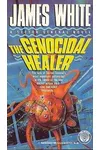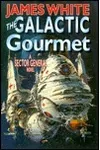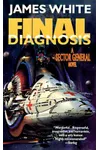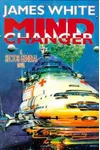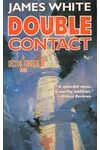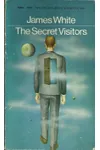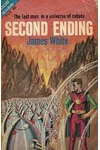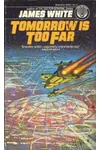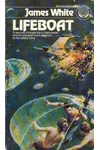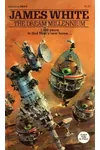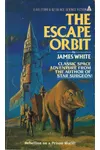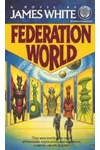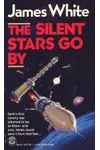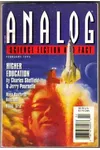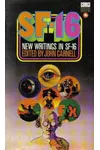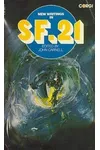Picture a Northern Irish storyteller who turned a hospital in deep space into a beacon of peace and alien camaraderie—meet James White! Born in Belfast in 1928, White wove science fiction tales that swapped laser battles for medical mysteries, earning a devoted following. His Sector General series redefined how we imagine extraterrestrial life, blending compassion with cosmic curiosity.
White’s stories weren’t about conquering galaxies but about healing them. His knack for crafting truly alien aliens—think methane-breathers or radiation-eaters—set him apart in a genre often obsessed with conflict. Let’s dive into the life and legacy of this underappreciated sci-fi gem.
The Making of James White
James White was born on April 7, 1928, to a Catholic family in Belfast, Northern Ireland, and spent part of his childhood in Canada. As a teenager, he lived with foster parents and dreamed of becoming a doctor, but financial constraints led him to work in Belfast’s tailoring firms and later at Short Brothers, an aircraft company. His passion for science fiction sparked in 1941, fueled by E.E. “Doc” Smith’s tales of benevolent aliens and Robert A. Heinlein’s everyman heroes. In 1947, White teamed up with fellow fan Walter A. Willis to produce fan magazines Slant and Hyphen, which featured work by luminaries like John Brunner. A dare from friends to write the kind of optimistic sci-fi they loved launched his writing career in 1953 with his first story, “Assisted Passage,” published in New Worlds.
James White’s Unforgettable Stories
White’s signature creation, the Sector General series, began with a 1957 novelette and grew into twelve novels, from Hospital Station (1962) to Double Contact (1999). Set in a massive space hospital, the series follows doctors like Dr. Conway as they treat bizarre alien patients, using “Educator tapes” to download medical knowledge—and sometimes alien personalities. White’s pacifist philosophy shines through; the hospital’s Monitor Corps prevents wars with non-lethal means, and first contact often happens through medical aid. His aliens, from empathic Dr. Prilicla to diagnostician Thornnastor, feel genuinely otherworldly, thanks to White’s meticulous xenobiology.
Beyond Sector General, White penned standalone novels like The Watch Below (1966), a claustrophobic tale of human and alien survivors, often called his finest work. All Judgment Fled (1968), which won the 1979 Europa Prize, follows astronauts uncovering a nightmarish derelict ship. White’s stories, published in magazines like Astounding and Galaxy, leaned on medical emergencies for tension, reflecting his unfulfilled dream of medicine. His hard science fiction, grounded in plausible biology, stood out even as New Worlds embraced the literary New Wave in the 1960s.
Why James White Matters
James White’s work carved a niche in medical science fiction, proving you don’t need violence to tell gripping stories. His Sector General series inspired a generation of writers to explore cooperative, diverse futures, and its optimistic tone remains a refreshing antidote to dystopian sci-fi. Though he never won a Hugo or Nebula, White earned a 1998 Skylark Award and a 1999 European Science Fiction Society Hall of Fame induction. The James White Award, established in 2000, honors non-professional writers, keeping his legacy alive. Fans still cherish his humane, witty tales, which sold over a million Sector General novels.
- Born: April 7, 1928, Belfast, Northern Ireland
- Key Works: Hospital Station, The Watch Below, All Judgment Fled
- Awards: Europa Prize (1979), Skylark Award (1998)
Ready to explore a universe where healing trumps fighting? Snag Hospital Station and dive into James White’s compassionate sci-fi world!
